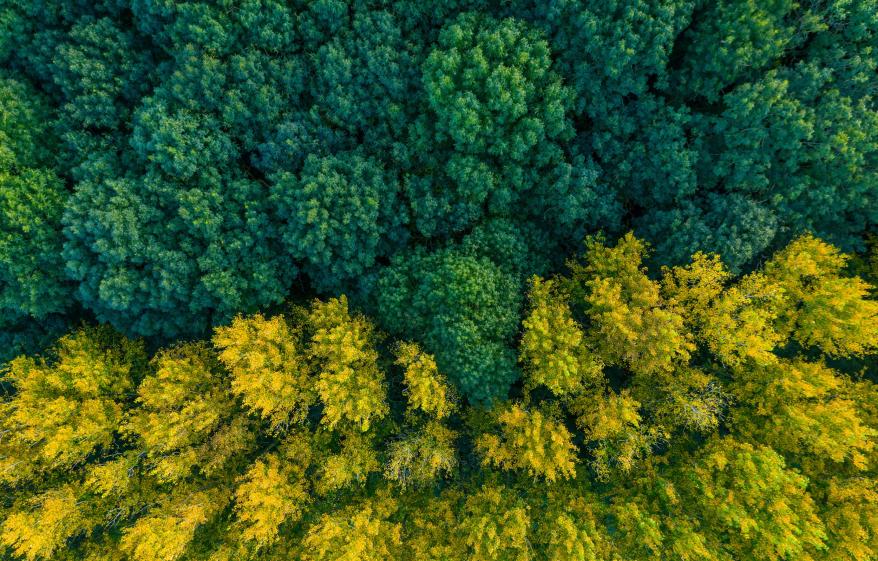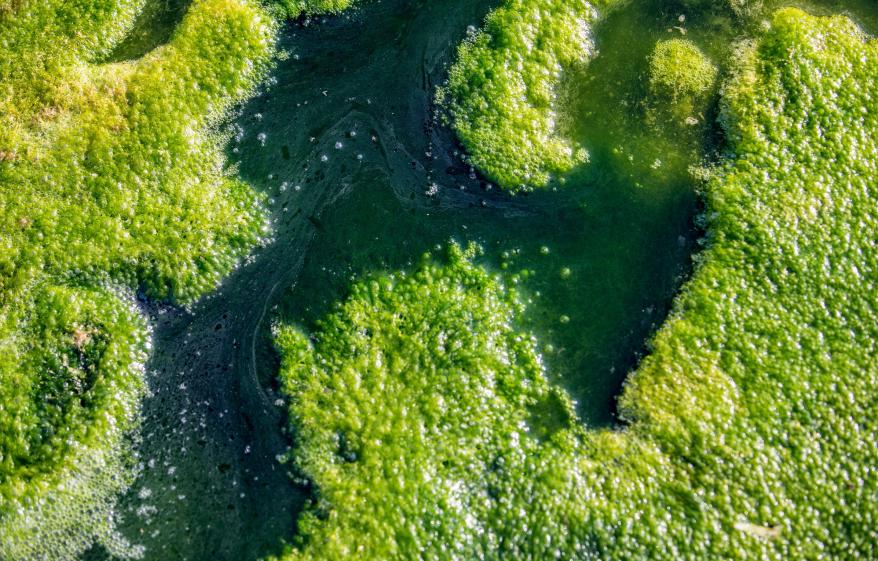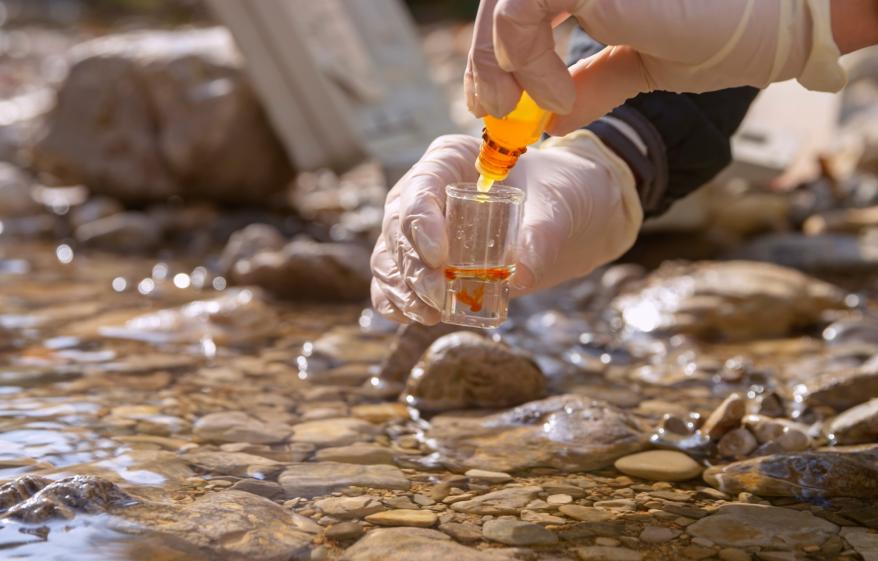What is the UK Bioresources Strategy?
The UK's Bioresources Strategy focuses on sustainable management of resources and waste to support a circular economy, enhance sustainability, and contribute to achieving net-zero emissions.
The UK Bioresources Strategy is an initiative aimed at developing a comprehensive and sustainable framework for managing bioresources, specifically focusing on the solids extracted from wastewater treatment, known as biosolids. This strategy is driven by the need to address environmental impacts, regulatory requirements, and sustainability goals such as achieving Net Zero Carbon and supporting the circular economy.
Key components of the strategy include:
Collaborative Approach: The strategy is being developed through collaboration among Water UK, water and sewage companies (WaSCs), environmental regulators, and other stakeholders. This approach ensures that diverse perspectives and expertise are incorporated into the planning process (Latest News...) (CIWEM).
Flexible and Adaptive Pathways: The strategy does not propose a single solution but rather outlines multiple pathways to manage bioresources. This flexibility allows for adaptation to specific circumstances of different WaSCs and evolving regulatory and technological landscapes (REA).
Immediate Next Steps and Long-term Goals: Recommendations for immediate actions include forming a National Bioresources Strategy Steering Group and focusing on low-regret investments that can be implemented in the short term without precluding future options. The long-term goal is to create a clear strategy extending to 2050, balancing regulatory changes, technological advancements, and environmental considerations (Latest News...).
Research and Innovation: There is a significant emphasis on research and development to improve confidence in alternative strategies and technologies. This includes addressing uncertainties related to emerging contaminants and exploring innovative solutions for biosolid management (REA) (CIWEM).
Overall, the UK Bioresources Strategy aims to ensure the safe, sustainable, and economically viable management of bioresources, supporting broader environmental and sustainability objectives.
How does the Onunda technology complement the UK Bioresources Strategy?
Onunda is a beacon of environmental responsibility, providing cutting-edge technology to eliminate sewage sludge discharge and convert it into clean energy and nutrient-rich fertiliser. Designed on extensive research and innovation, the Onunda solution addresses challenges facing wastewater treatment plants in dealing with the biosolids produced from traditional biological processes.
The Onunda technology is designed to process raw sewage as an alternative to traditional wastewater treatment processes, allowing customers to increase or replace existing capacity of their wastewater treatment facilities with our next-generation technology. We see the current situation as an opportunity for innovation to turn waste into worth.
Environmental benefits of Onunda technology:
It allows for the treatment of our sewage sludge without the need for the consumption of any external energy or fossil fuels
It drastically reduces the levels of Nitrogen emissions compared to traditional methods of biosolids incineration
It produces surplus clean energy to the grid (also produced without consumption of any fossil fuels)
It produces nutrient-rich liquid and solid fertilisers (free from microplastics, forever chemicals and pathogens and also produced without the use of any fossil fuels)
It avoids the need for any solid materials to be discharged to land.
It does not discharge any effluents into our waterways.
Learn more about the environmental benefits of Onunda.
Discover the innovation behind the unique Onunda technology.













